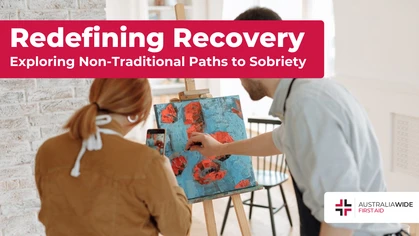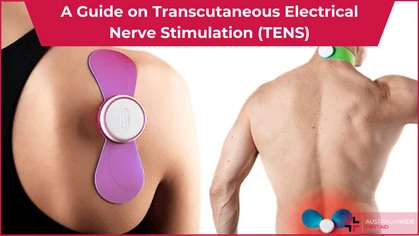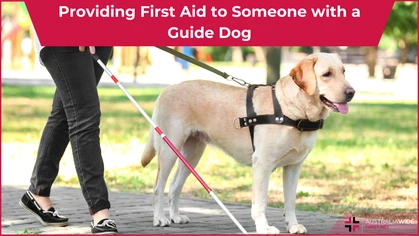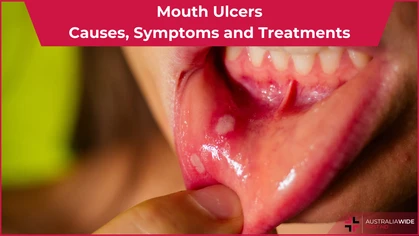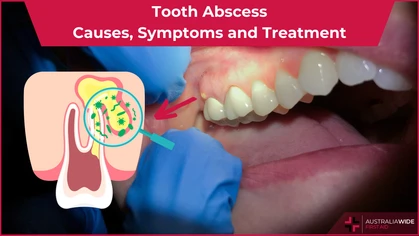First Aid for Valentine's Day

General Health-Related

As Valentine’s Day approaches
As Valentine’s Day approaches, we know many of you are working hard to plan a memorable evening to share with your loved one. You’re trying to think of everything, the dinner, chocolates, flowers, dessert - but you’re missing one thing, first aid preparation. We know it doesn’t sing “love” however, disaster can still occur and in a matter of only a few seconds, your romantic evening can result in a personal misadventure.Caught by Surprise…
If you have really gone above and beyond your efforts of what your loved one is expecting from you, prepare for the possibility of your loved one fainting. If you think your date is looking pale, sweaty and weak, ask them to lie down and elevate their legs to increase the blood circulation to the brain. Fainting usually only last 10 – 15 seconds and being first aid prepared could potentially earn you major brownie points. When your loved one regains consciousness, keep them warm, rested and calm. Nothing beats a quiet evening at home anyway. If you’re loved one doesn’t regain consciousness within one minute, call 000 and immediately commence CPR.Planning To Propose?
If you plan to make an unexpected announcement over your romantic dinner, you should prepare for the potential for your partner to choke. If their speechlessness is matched with blue lips and an inability to speak or cough, you need to act fast. Make your way behind the person choking and support their chest with one hand. Give up to five sharp blows between the person’s shoulder blades with the heel of your hand. Pause between each blow to check if the blockage has cleared. If blockage does not clear and the person loses consciousness, lay them in the recovery position and check their airway. If you can see the obstruction; remove it, open the airway and check for breathing. If you cannot see the obstruction and the casualty is not breathing, call 000 and start compressions.Too Much Excitement
If you have planned vigorous activity to take place on your romantic valentine’s evening, you should be prepared for the chance of your loved one’s heart becoming too “excited” and beat out of its normal rhythm. This is known as ventricular fibrillation which leads to Sudden Cardiac Arrest. When the rhythm of the heart is disrupted, the heart cannot effectively pump blood to the brain, lungs or other vital organs. Once deprived of oxygen, enriched blood the victim will become unresponsive/unconscious and display no sign of life (such as breathing or movement). Your best response would be to remain calm and act quickly. Call 000 and commencing immediate CPR. If there is a bystander nearby, ask them to locate the nearest defibrillator. Australia Wide First Aid wishes you a very happy and successful Valentine’s Day with your loved one.
Originally published at
https://www.australiawidefirstaid.com.au/resources/first-aid-valentines-day
as part of the Australia Wide First Aid Articles Library
